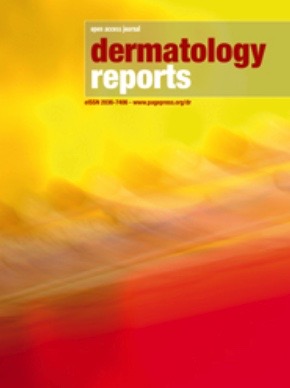Systemic treatments with monoclonal antibodies in mycosis fungoides and Sézary syndrome
All claims expressed in this article are solely those of the authors and do not necessarily represent those of their affiliated organizations, or those of the publisher, the editors and the reviewers. Any product that may be evaluated in this article or claim that may be made by its manufacturer is not guaranteed or endorsed by the publisher.
Authors
Mycosis fungoides (MF) and Sézary syndrome (SS) are the most prevalent non-Hodgkin lymphomas that comprise cutaneous T-cell lymphomas (CTCL), accounting for more than 70% of cases. Following the Tumor Lymph nodes Metastasis Blood system, disease staging is carried out, and within ten years, about thirty percent of patients in the early stages will have advanced disease. Plaques, folliculotropism, and age over 60 are risk factors for progression. A 5-year survival rate of less than 20% is associated with LCT in MF. Treatment requires an interdisciplinary approach; skindirected therapies are available for early stages of the disease, but there are no curative options for advanced stages of the disease other than allogeneic stem cell transplantation. Because of their severe symptoms and poor treatment efficacy, patients in advanced stages have a lower quality of life and a lower chance of survival. In patients with CD30-expressing CTCL, Brentuximab Vedotin has demonstrated better response rates and progression-free survival (PFS); in advanced SS, mogamulizumab has significantly increased PFS. These findings emphasize the need to standardize prognostic factors and improve CTCL treatment.
How to Cite

This work is licensed under a Creative Commons Attribution-NonCommercial 4.0 International License.








